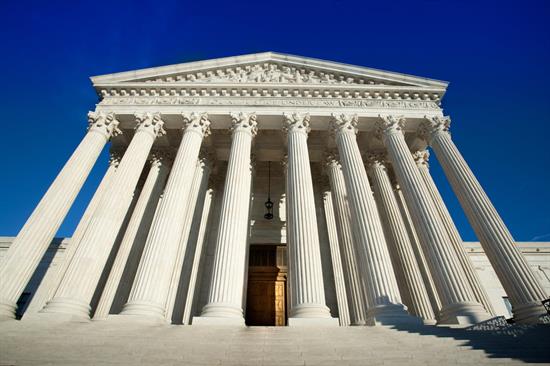- Meet Ralph
- Current Issues
- Serving You
- Emergency Preparedness
- Tele-Town Hall Signup
- Help with a Federal Agency
- Expedited Passports
- Visiting Washington
- Meeting Request
- Service Academy Nomination
- Congressional Commendation
- Appropriations Request
- Flag Request
- Federal Grants
- Congressional App Challenge
- Congressional Art Competition
- Surplus Books
- Internships
- Kids Page
- Media
- Contact
Blog
Mixed Results From the Supreme Court This Week
Washington,
July 2, 2020
Tags:
Foreign Affairs
Earlier this week, the Supreme Court delivered two decisions that were very important. I believe one was outstanding, while another was terrible.
=== GOOD NEWS FIRST === There was a BIG win yesterday for religious schools, and those who value religious liberties and our First Amendment. Back in 2015, Montana established a program that provided a tax credit for those parents who wanted to send their child to a private school. Remember, most of these parents pay heavily into the public education system by way of their taxes. And so if they determine public education is not in the best interest of their child, this program would help those families afford a portion of private tuition through tax credits. In 2018, the Montana State Supreme Court ruled that entire program unconstitutional because some of those private schools are obviously religious, and Montana’s state constitution prohibits state monies from being directed to religious organizations. Well, fortunately the U.S. Supreme Court struck down that ruling earlier this week, saying the way the Montana Supreme Court applied its ruling was in violation of U.S. Constitution. If Montana (or any state) is to have a program like this, it must be applied equally. You cannot discriminate against any school because its teachers and students choose to exercise their religious liberties or freedom of speech. Good! As many of you know, I’m a HUGE fan of both school choice and religious liberties. As more and more states implement programs like this, it’s important for those states to understand they CANNOT treat religious schools differently than secular schools. ====== Separately, the U.S. Supreme Court found a way to overturn a Louisiana state law that required abortionists to have admitting privileges to a hospital within 30 miles. This was in case things go horribly wrong during an abortion. (By “horribly wrong” I mean something in addition to the abortion itself.) Chief Justice John Roberts sided with the four liberal justices to make this a 5-4 ruling. In his written opinion on this case, Roberts cites as precedent a 2016 ruling by the Supreme Court that struck down a similar law in Texas. Interestingly though, Roberts voted to ALLOW that Texas law in 2016. And in this opinion, he reiterates his belief that the Texas case was “wrongly decided” by the Supreme Court. It's remarkable to read dissenting opinions in this case. If Roberts believed the 2016 precedent was "wrongly decided" (his words) then applying that precedent to this case just snowballs the error. |
